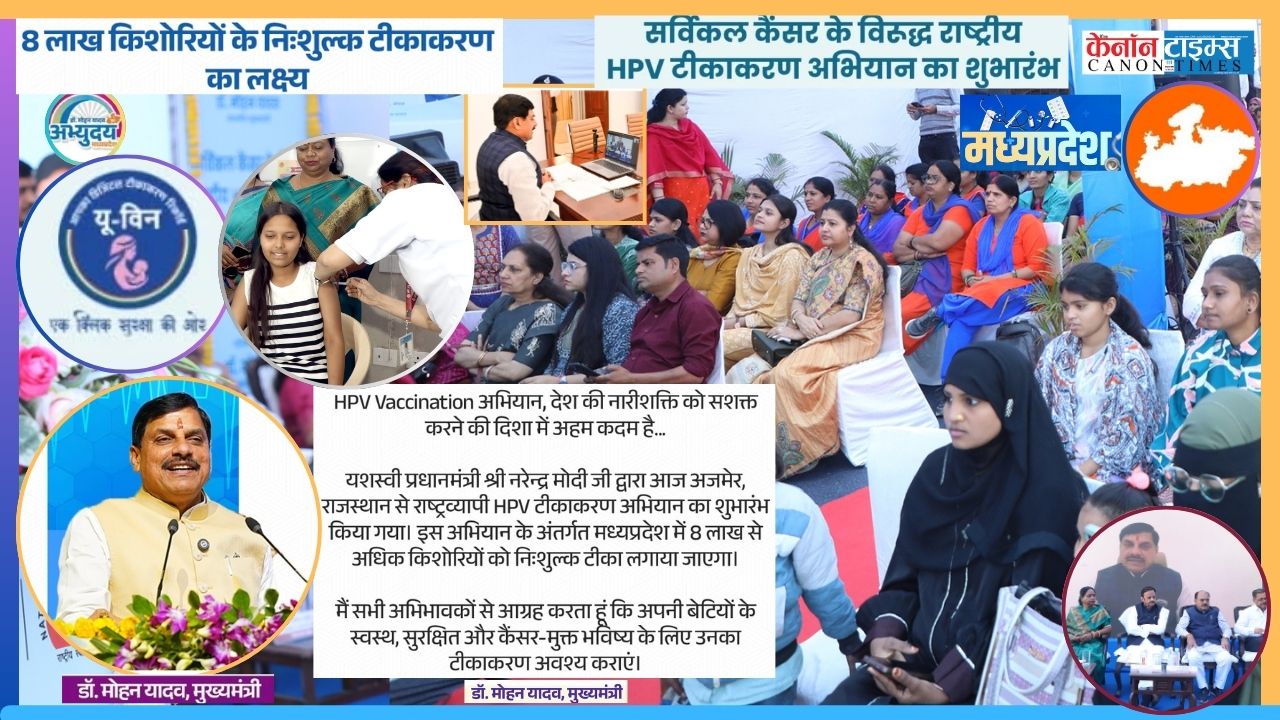Reclaiming Federal Spirit: SC’s Landmark Judgement on Presidential Assent
In a historic verdict that may well recalibrate Centre-State relations, the Supreme Court of India has firmly reminded constitutional authorities that democracy cannot be held hostage to procedural loopholes and unchecked discretion. The recent ruling, which mandates a three-month time limit for the President to act on state bills forwarded for assent, is not merely a technical intervention — it is a bold reaffirmation of India’s federal spirit and democratic ethos.
This judgement arrives on the heels of another significant ruling that clipped the wings of governors who were habitually withholding assent to state legislation under vague or unexplained pretexts. Now, with a similar ceiling imposed on the President’s discretion, the court has plugged a dangerous loophole that had allowed the Centre to stymie elected state governments through silence and delay.
The apex court’s insistence that “reasoned decisions” be provided when assent is withheld represents a much-needed blow against the arbitrary misuse of constitutional power. After all, legislatures are not ceremonial bodies — they represent the will of the people. Delaying or disregarding laws passed by these assemblies is tantamount to undermining the very foundation of representative democracy.
It is no secret that, in recent years, the Union government has been accused of centralising power at the cost of cooperative federalism. Be it the contentious role of governors in opposition-ruled states, or the strategic delay in releasing central funds, the message has been clear: dissenting state governments must either fall in line or face institutional sabotage. Against this backdrop, the Supreme Court’s intervention is timely and essential.
Kerala Governor R.V. Arlekar’s remarks, suggesting that the judiciary is overstepping its brief, only underscore the challenge we face. When constitutional offices become echo chambers of partisan agendas, the system tilts dangerously towards authoritarianism. The judiciary’s duty is not to watch passively, but to uphold the constitutional contract — which includes ensuring that all organs of the state operate within their prescribed limits.
This verdict must not be viewed in isolation but as a larger pushback against the slow erosion of constitutional values. It seeks to restore equilibrium between the legislature and executive, and more crucially, between the Centre and the states. When governors and the President act as mere agents of a central political agenda, they compromise not just their office but the delicate architecture of India’s democracy.
As India moves towards another electoral cycle, it is vital that the institutional balance envisioned by the Constitution’s framers is reasserted. The Supreme Court’s ruling is a clarion call to respect both popular sovereignty and federal integrity. The message is unmistakable: constitutional offices are not tools of delay, but instruments of democracy.
Author: This news is edited by: Abhishek Verma, (Editor, CANON TIMES)
Authentic news.






